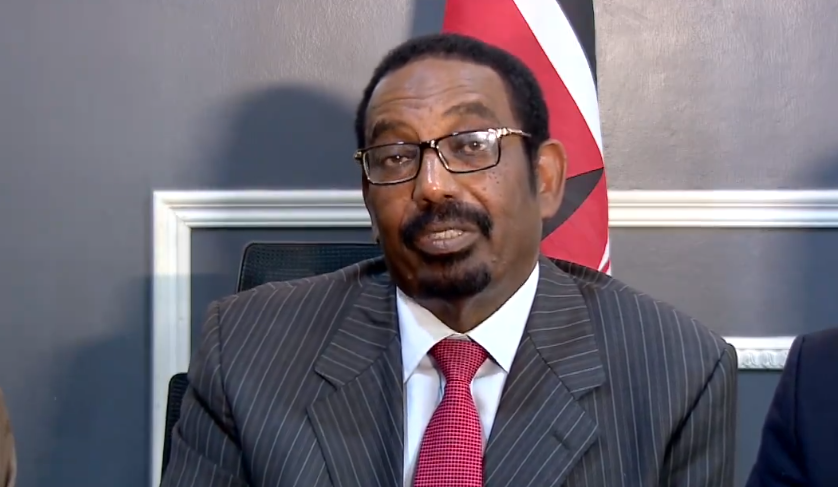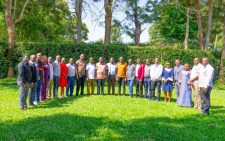Time to revisit political economy of love unions

With anecdotal evidence showing a sharp increase in the number of deaths in recent months, it is time Kenyans engaged in a candid debate about the political economy of love relationships both within and without the formal bonds of marriage.
In my view, this will help families come to terms with unacknowledged diversity while also laying a foundation for how wealth ought to be shared in the event of the passing on of a patriarch or matriarch.
It is saddening that many families that were relatively well off when their heads were alive have ended up living on the edge of poverty yet tens of billions of shillings in investments, wealth and cash in bank are locked out of the economy due to succession disputes involving spouses, committed life partners, their children and other interested parties.
Without a doubt, the nature and form of family unions have mutated over time.
It is a truth generally acknowledged that many love unions start off as a form of wealth distribution or redistribution – which is the stuff of political economy.
With time, they develop more formal and lasting ties even when these remain under the radar until an obituary has to be written as happened in one instance this week.
Only then does the true diversity and complexity of family ties come to light.
By then, however, it is often too late to form or identify common bonds or interests of the family members and by default, the protagonists seek intervention from courts to rule on what is basically an econo-political question – who deserves to get what?
This is a tough call for any judge and explains why succession disputes take ages to resolve.
To address the complex question, society has devised laws and kept courts engaged for years, seeking answers that matriarchs and patriarchs ought to have given when they were alive and well by simply making a formal declaration.
In the end, a great deal of taxpayer time and money is spent on private disputes over wealth distribution.
By default, lawyers and administrators end up among the biggest beneficiaries when such disputes drag on for years and death claims the protagonists, one at a time.
Although many Africans believe it is taboo to write wills or declare the full deck of filial ties, the fact that the Grim Reaper has been claiming far too many lives of late should be cause for individuals and families to consider the question of what happens when the heads of family, bread winners and other family members with property to their names die.
That way, members of such families will have an idea about what they own collectively, what they can honestly claim in the event of a succession dispute and who they are related to.
Even as they do this, each individual member should be encouraged to think about what they can do to increase the size and extent of the estate, not just what they can take away from it.
It is important for adults to also declare other “interests” and what they have bequeathed them for their companionship and other benefits.
Besides being an institution based on emotional ties (spouses are seldom relatives), the family is also an economic unit and its dynamics have a bearing on the fortunes of the nation.
That is why it is important to create an environment that makes it possible for families to thrive through honest enterprise, not thievery of public resources.
In the same breath, society should be encouraged to review its ethos so that it becomes easier for individuals to publicly acknowledge the diversity of their families, first because the truth will set them free and second, because in the long run it will reduce succession battles. Then courts can have more time to hear other matters.
In Kenya, wealthy families have earned notoriety for protracted succession cases, especially when the chief bread winner dies and unacknowledged claimants “emerge from the woodwork”.
Such cases attract public attention because those involved have instant name recognition. However, they are by no means outliers.
Their reality is in no way different from that of peasants, factory workers and truck drivers.
If then, this is a problem that afflicts the wealthy as much as it does the poor, is there a good reason why people in such complex relationships should not be encouraged to publicly acknowledge the full deck of their relations, including secondary and tertiary companions?
Why not liberate them by removing the stigma from such declarations? As I said, this impacts on our political economy at both micro and macro levels. — The writer is a partner and head of content at House of Romford — [email protected]












